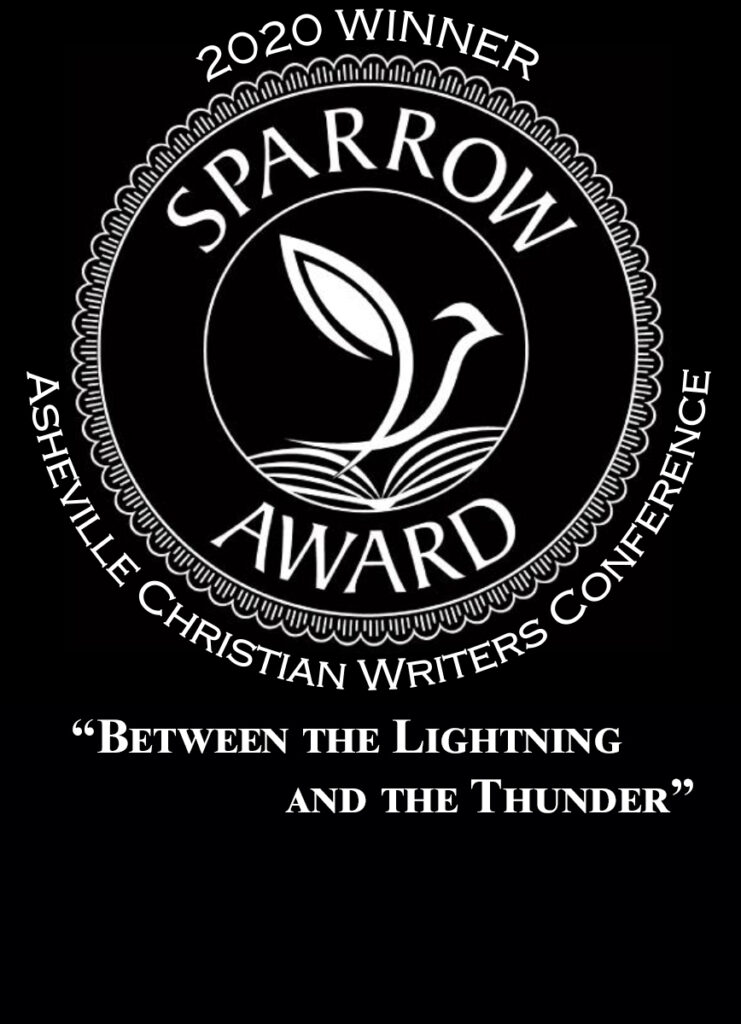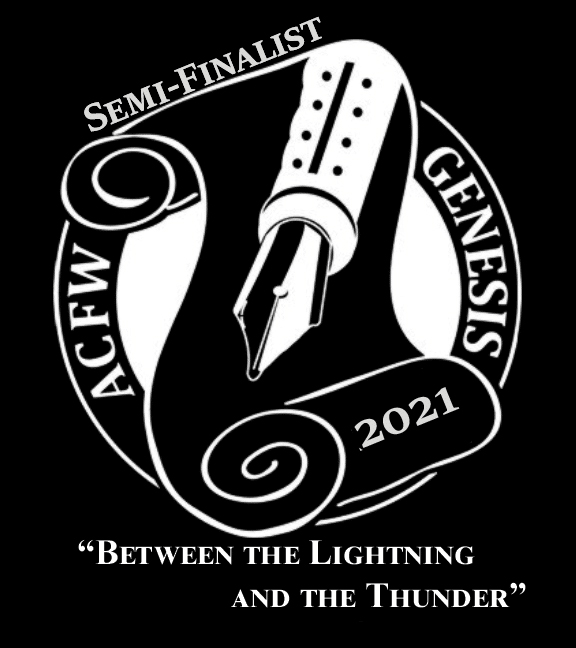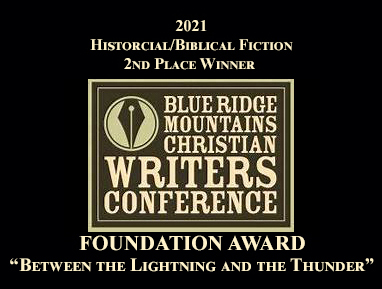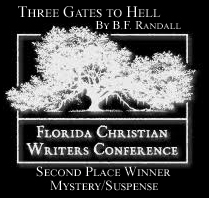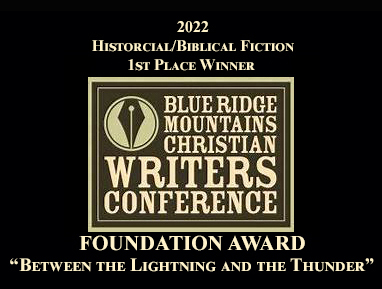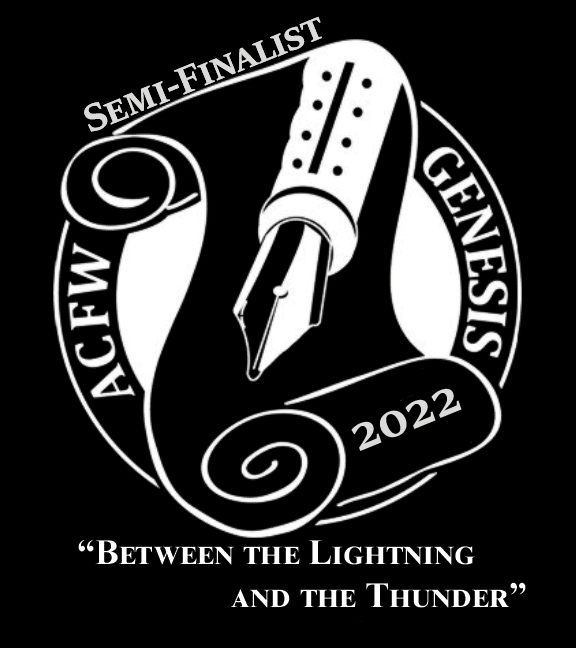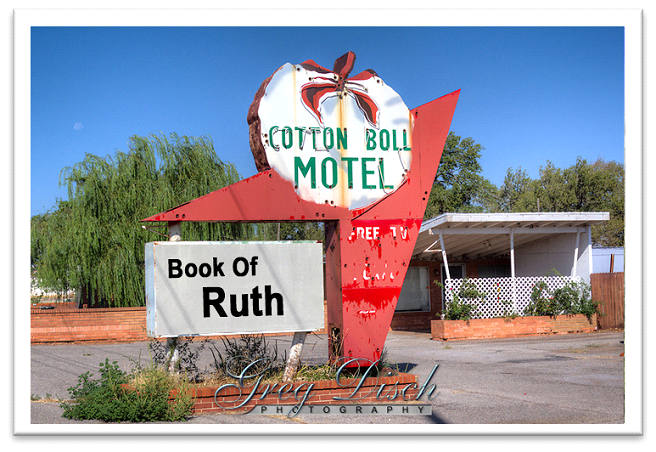 Cruising Route 66
Cruising Route 66
“The Weaver’s Plan”
“In the days when the judges ruled, there was a famine in the land….”
Ruth 1:1
The Book of Ruth is set in the time of Israel’s decline, a time when the heart of a nation is slowly beginning to die. The people were turning their backs on God and accepting the ways of the world around them. It is in this setting that God places this unique book, demonstrating that His hand is at work weaving lives and hearts together for His glory and for the good of those who love Him.
The scripture verse that best describes the Book of Ruth, is not found in the Book of Ruth but in the Book of Romans. “And we know that in all things God works for the good of those who love Him, who have been called according to His purpose.” Romans 8:28
This is the Weaver’s plan. Sometimes as a thread within the tapestry, it is difficult to see what the Weaver has in mind. Ever wonder why God, who knows all things, placed you into the lives of those around you?
We receive our greatest joy as well as our deepest pain through our relationships. Have you ever wondered if our Heavenly Father put these relationships in your life to lift you up, or is it for you to lift them up? Most of the time I believe it’s both. There is nothing more joyous then having a friend that wants nothing from you but your friendship, or more fulfilling than a spouse who loves you just because you’re you.
There are three distinct characters within this unique play called Ruth. Each has experienced rejection, each has been abandoned by circumstance, and each faces the future alone. It doesn’t take much to imagine that each feels a bit like a frayed string left at the bottom of the Weaver’s basket, untouched, unneeded, unwanted, just waiting to be tossed out.
In the first character Naomi, Ruth’s mother-in-law, is left alone with little hope when her husband passes. She is a clear example of Israel in this season, alone, without leadership, protection, or a provider. They turned their back upon God and found themselves alone. When those who lead you lack integrity, faith, wisdom, and power, they are not capable of providing you the protection and provision you need. Naomi needed hope, and God reached down into His basket and brought up a woman named Ruth.
Ruth, the second character in this play is like Naomi, a piece of tattered twine, broken by circumstance, and tossed aside. When Naomi tries to send the younger woman Ruth away to start a new life, she declines.
“Don’t urge me to leave you or to turn back from you. Where you go I will go, and where you stay I will stay. Your people will be my people and your God my God. Where you die I will die, and there I will be buried. May the LORD deal with me, be it ever so severely, if anything but death separates you and me.” Ruth 1:16-17
In a time when the people are “doing evil in the sight of God” and in a nation in which “each man does what he sees fit,” a story of absolute submission and obedience is raised up. At that time, and within that culture, it is the story of the lowliest common denominator of human existence. A non-Jewish woman, a widow, a Moabite, a servant, is used by God to show the qualities He desires in His people, who in just one hundred years had turned their backs on Him.
The third thread woven into the tapestry is a man named Boaz whose life is an example of kindness and generosity. These were unique characteristics in a land that does evil before God and each man does as he wishes. Though he was a man of substance he was alone.
As the story goes, Boaz gave Ruth the scraps, the leftovers, and a drink of water. Big deal! Doesn’t seem like much does it? Give her a few acres of wheat or ranch house, now we’re talking! Why is it that we think that the only significant things of life must be big things, attention getters, stuff that makes headlines? Although the initial offering was meager, it set the course for something much greater, the lineage of the Son of God.
Deeds worthy of God’s recognition and true gratification are not often even seen and rarely recognized. Some of the most important things we do in life are neither dramatic nor memorable. However, if they are birthed from a sincere heart, they are notable to God. On Judgement Day, I can imagine Jesus rewarding a lot of people who will hardly remember the things they are being honored for.
So what about the fourth character? Although not directly named, there is a clear statement of God’s grace when listed in the ancestry of Jesus. “Matthew 1:5 (Luke 3:32) Salmon the father of Boaz, whose mother was Rahab, Boaz the father of Obed, whose mother was Ruth,…”
The Master Weaver doesn’t discard those scraps of thread that others may see as insignificant. Instead, He weaves them together into a beautiful tapestry. In the book of Ruth a lonely woman finds a companion, a dejected widow finds a husband, a single son of a prostitute finds a wife, and God shows a nation what they are missing. The Master Weaver has a plan for each of us.
Bless ya,
Ben

